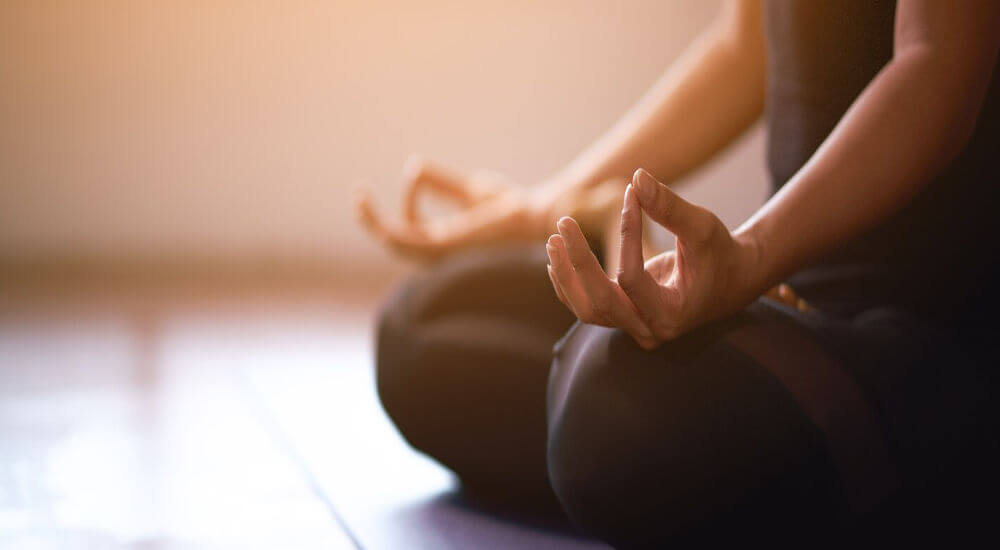In today’s fast-paced world, stress has become an almost constant companion for many of us. Whether it’s due to the demands of work, family responsibilities, financial pressures, or the constant stream of information bombarding us, stress can take a toll on both our physical and mental health. Fortunately, there’s a powerful tool available to help us combat stress: mindfulness meditation.
Mindfulness meditation is an ancient practice that has gained significant popularity in recent years, and for good reason. It offers a wide range of benefits, including stress reduction, improved emotional well-being, and enhanced overall health. In this article, we’ll explore the benefits of mindfulness meditation for stress reduction and how you can incorporate this practice into your daily life.
Stress in the Modern World
Before delving into the benefits of mindfulness meditation, it’s crucial to understand the nature of stress in the modern world. Stress is a natural response to challenging situations, but chronic stress, which many people experience today, can lead to a host of health problems. It can contribute to issues such as anxiety, depression, high blood pressure, and a weakened immune system.
The good news is that mindfulness meditation offers a way to manage and reduce stress effectively.
What Is Mindfulness Meditation?
Mindfulness meditation is a form of meditation that involves focusing your attention on the present moment without judgment. It’s about being fully aware of your thoughts, emotions, and sensations as they arise, which helps create a sense of calm and mental clarity.
The practice of mindfulness meditation typically involves finding a quiet, comfortable place to sit or lie down. You focus your attention on your breath, the sensations in your body, or a particular object. When your mind inevitably wanders, you gently bring your attention back to the present moment.
Benefits of Mindfulness Meditation for Stress Reduction
Stress Reduction: One of the most significant benefits of mindfulness meditation is its ability to reduce stress. By bringing your awareness to the present moment and observing your thoughts and feelings without judgment, you can break the cycle of rumination and worry that often leads to stress.
- Emotional Regulation: Mindfulness meditation helps improve emotional regulation. It allows you to recognize and accept your emotions without reacting impulsively. This means you can respond to stressful situations more calmly and thoughtfully.
- Physical Benefits: The practice of mindfulness meditation has been shown to lower blood pressure, improve sleep, and boost the immune system. These physical benefits contribute to overall stress reduction.
- Enhanced Self-Awareness: Mindfulness meditation cultivates self-awareness, which enables you to better understand your stress triggers and develop healthier coping mechanisms.
- Improved Concentration: Regular mindfulness meditation enhances your ability to concentrate and stay focused. This can help you manage stress by reducing the feeling of being overwhelmed.
- Greater Resilience: Mindfulness meditation builds emotional resilience, allowing you to bounce back from stress more effectively. It helps you develop a more balanced perspective on challenges and setbacks.
How to Get Started
If you’re interested in experiencing the benefits of mindfulness meditation for stress reduction, here are some steps to get started:
- Find a quiet, comfortable place to sit or lie down.
- Set aside a specific time each day for your meditation practice.
- Begin with short sessions (5-10 minutes) and gradually increase the duration as you become more comfortable with the practice.
- Focus your attention on your breath, bodily sensations, or a specific object.
- When your mind wanders, gently return your attention to your chosen focal point.
- Be patient with yourself and avoid self-criticism.
- Consider using guided meditation apps or classes to help you get started.
Incorporating mindfulness meditation into your daily routine can significantly reduce stress and improve your overall well-being. With consistent practice, you can develop the skills to respond to life’s challenges with greater calm and resilience. So, take a deep breath, find a quiet spot, and start your mindfulness meditation journey today. Your future self will thank you for it.








